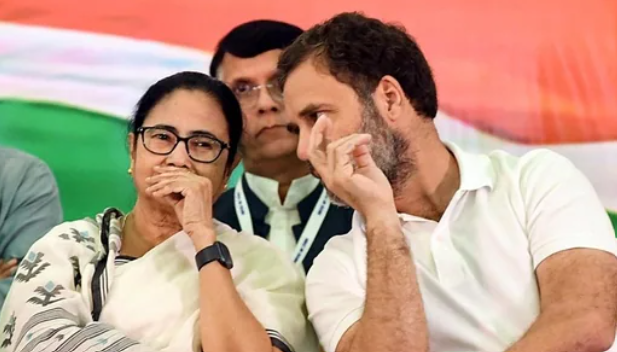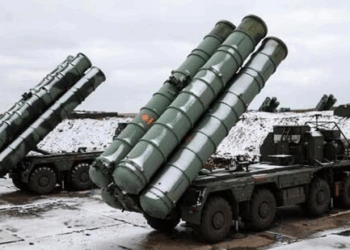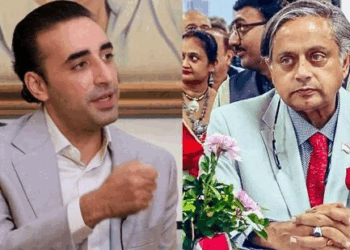The Congress party expressed its skepticism over the Trinamool Congress (TMC) solo approach in the state’s electoral arena. As the TMC unveiled its list of 42 Lok Sabha candidates sans any alliance, Congress leaders conveyed their uncertainty and dissatisfaction regarding the unfolding scenario.
Addressing the press, Congress representatives refrained from concealing their discontent, with one spokesperson stating, “We don’t know what pressure TMC had.” This statement underscored the party’s bewilderment and hinted at potential internal or external factors influencing the TMC’s decision-making process.
The absence of a formal alliance between the Congress and the TMC comes amidst prolonged negotiations and speculations surrounding seat-sharing arrangements. While the Congress had expressed its willingness to collaborate with the TMC to combat the BJP, the recent unilateral announcements by the TMC have cast a shadow over any potential partnership.
The Congress’ stance suggests a clear departure from the path of unilateralism adopted by the TMC, emphasizing the importance of consensus-building and collective decision-making in the realm of electoral politics. As both parties navigate the intricate dynamics of West Bengal’s political landscape, the lack of cohesion between them raises questions about the future course of action and the broader implications for the upcoming Lok Sabha elections.
With tensions simmering and uncertainty looming large, the absence of an alliance between the Congress and the TMC sets the stage for a fiercely contested electoral battle in West Bengal. As political dynamics continue to evolve, the state remains a focal point of national attention, with each development shaping the narrative and influencing the electoral outcomes.








 India
India












